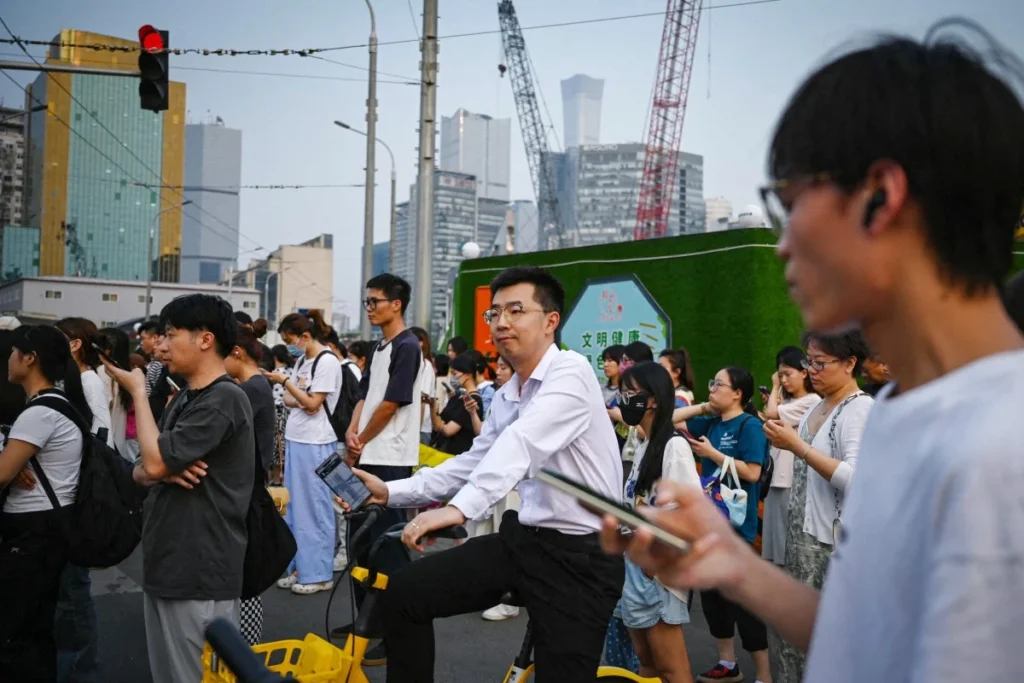China’s top legislative body has approved a plan to increase the retirement age for men from 60 to 63, and for women from 55 to 58 for white-collar jobs and 50 to 55 for blue-collar work. The changes, set to begin on January 1, will be implemented over the next 15 years, with the retirement age increasing by another three to five years.
The move aims to address China’s rapidly aging population and ease pressure on the social security system. However, workers are unhappy about the decision, citing concerns over job security, economic uncertainty, and inequity in pension schemes between public and private sectors.
According to Alfred Wu, an associate professor at the National University of Singapore, the policy change could harm the ruling Communist Party’s legitimacy. Wu believes Beijing missed a “golden opportunity” to implement reforms before the pandemic, when the economy was thriving.
Young workers, particularly those born after the 1980s, are frustrated by the policy change, which they feel will impact their job prospects and delay their retirement. A 26-year-old marketing consultant in Beijing expressed strong opposition, stating that delaying retirement would discourage young people from job hunting.
The decision has also sparked concerns among civil servants, who will have to work longer and receive lower pensions than their predecessors. Experts warn that the policy change could have unpredictable consequences if not handled well.
China’s pension system has been struggling due to the rapidly aging population and plummeting birth rate. The new policy increases the contribution period to 20 years before workers can access their pensions, raising concerns about the pension pot running dry.
Experts believe the government had to act to address the impending pension crisis, but the timing has been criticized. The move adds to anxiety over the economic outlook and grim jobs market, highlighting the challenges China faces in balancing its demographic and economic pressures.



